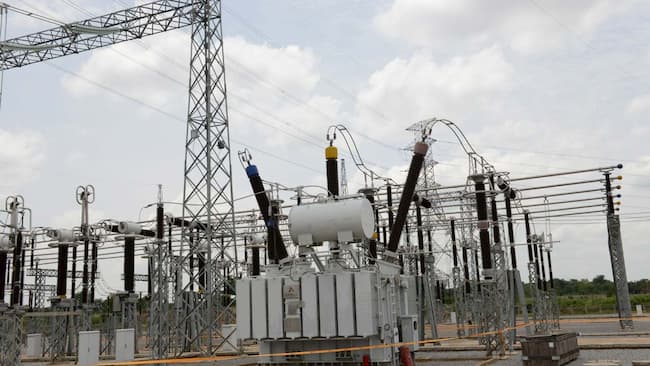Power Generation Companies (Gencos) under the Association of Power Generation Companies (APGC) stated that the power situation in the country is worsening because they were owed over N1.6 trillion by the government.
APGC’s Executive Secretary, Dr. Joy Ogaji, in a briefing in Abuja, argued that a situation where the energy dispatched by the power generators was used as an index for power generation capacity was detrimental to their survival.
In the past couple of weeks, the already bad power supply situation in the country had worsened as players in the sector continued to trade blames as to whose table the buck stops.
“We are currently owed N1.644 trillion. One of the reasons that the power plants are down is due to inefficient management of the grid,” Ogaji said.
According to her, the Gencos have exhausted all their borrowing sources, as the Central Bank of Nigeria (CBN) had reportedly warned the banks to desist from lending money to them.
She stated, “If you give us gas, provide forex to carry out maintenance. I have told you most of the units are down and they need money to fix them.
“Give us enough money to pay our gas suppliers because it is pre-payment. But for power, it takes and pays later. There is no way that this misalignment will help us.” But Ogaji stated admitted that at the moment, the Gencos were generating an average of 4,000MW.
However, the debt claim by the Gencos was immediately refuted by the Nigerian Bulk Electricity Trading Company (NBET). NBET disputed the figures quoted by the power generators, saying only companies with active gas supply and transportation contracts are paid for unutilized capacity.
The Head, Corporate Communication, NBET, Henrietta Ighomrore, explained that in the country, only five power generation companies with active Gas Purchase Agreement (GPA) were entitled to be paid for unused capacity.
According to her, claims that the Gencos can generate 9,000MW are not accurate, as inspections by NBET had shown that the so-called capacity does not exist.
Earlier, Ighomrore argued that the Gencos had always been paid as and when due, explaining that in the last payment cycle alone, the Gencos were paid N38 billion for electricity distributed on the grid.
According to her, NBET has paid the Gencos over 90 percent of their invoices. She noted that the company paid the generators almost immediately remittances from the Discos were received.
However, Ogaji noted that the illiquidity caused by the huge sums owed to the Gencos by NBET had continued to frustrate them and render them incapable of meeting their obligations.
Such obligations, she said, included Operations and Maintenance (O&M) as and when due, procurement of critical capital, spare parts and accessories, payment, and servicing of existing loans from lenders and financiers, and employee- obligations.
Ogaji listed foreign exchange as another challenge faced by the hydroelectric power plants, whose concession fees, she maintained were “dollarized.”












